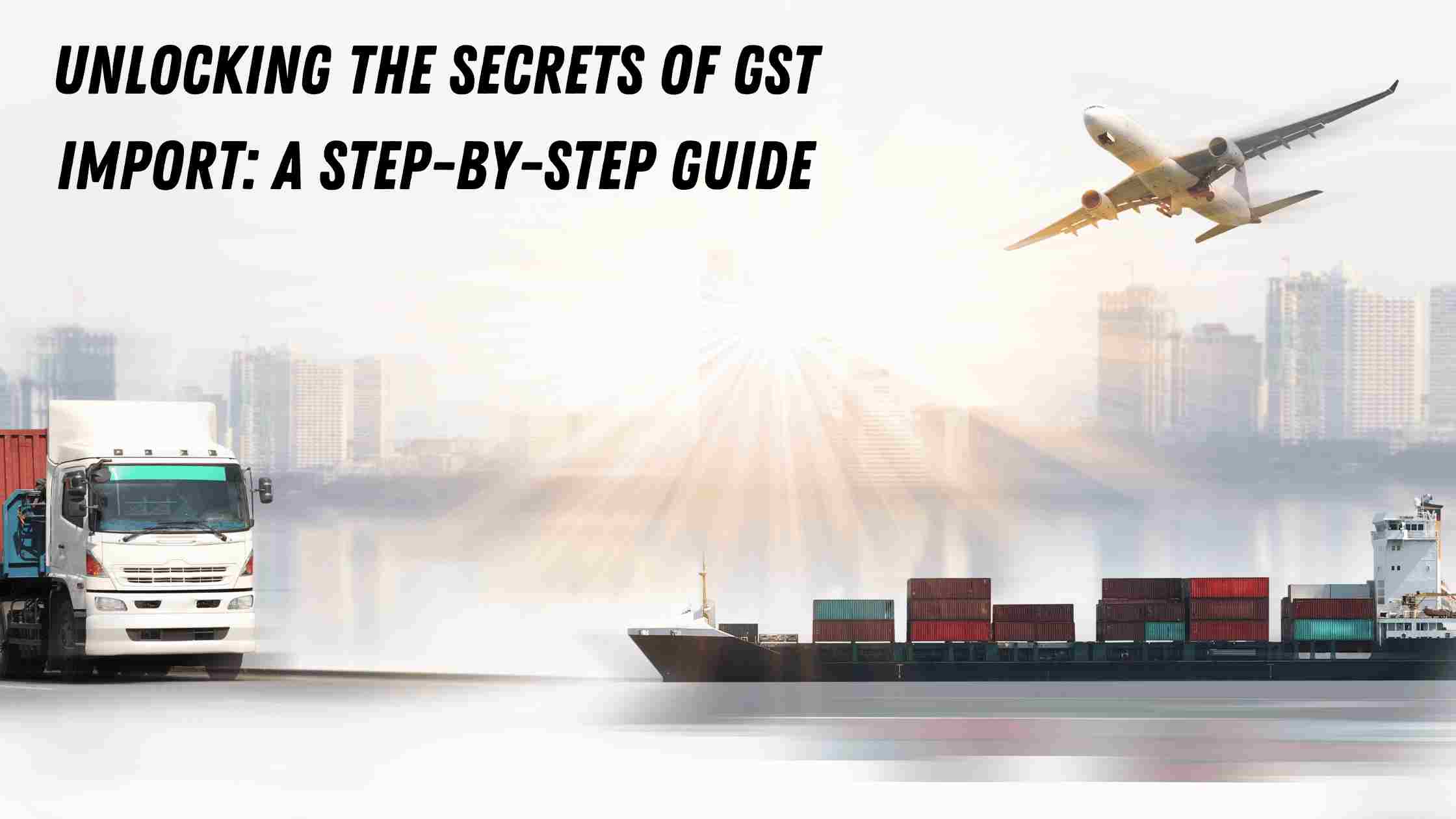An advance ruling under GST is a written opinion or department decision. This will help the applicant to plan his activities well in advance. The taxpayer will request a ruling when he has confusion in relation to provisions of the law.
A person should apply for a ruling before undertaking the transactions.
The purpose of including an advance ruling under GST is as follows:
1. The fundamental goal was to provide certainty in tax liability for specific transactions.
2. Reduce the disputes and cost of litigation;
3. Deliver decisions on a timely basis, transparently, and in a cost-effective manner.
Which matters and questions are permitted for advance ruling?
Taxpayers can apply for the following matters:
1. Classification of any goods or services;
2. Notification applicability, which affects the rate of tax;
3. Determination of the time and value of supply;
4. Allowance of input tax credit for tax paid or deemed to have been paid;
5. Determination of tax liability on supply;
6. Whether a person is liable for registration and
7. Whether any particular activity taken by a person will classify under supply or not.
Matters that cannot be questioned before advance ruling authority (AAR):
- Question already pending in any proceedings in the case of the applicant and
- Question already decided in any proceedings.
Procedure for obtaining an advance ruling:
- The applicant desirous of obtaining a ruling should make an application in the prescribed form.
- The applicant should pay a fee of five thousand rupees.
- The AAR will send a copy of the application to the concerned GST officer.
- The AAR may examine the application along with the records and may also hear the applicant. Thereafter, he will pass an order either admitting or rejecting.
- If the application is rejected, the order will state the reason for the rejection.
Can the applicant appeal against the order of the AAR?
If the applicant wants to make an application against the order of AAR, he can appeal to AAAR (Appellate Authority for Advance Ruling).
The applicant must file an appeal within 30 days from the receipt of the AAR order. The appellate authority may provide an additional 30 days if there is sufficient cause for delay. The applicant has to file an appeal in the prescribed form along with a Rs. 10,000 fees. AAAR must pass an order within a period of 90 days from the date of appeal.
Applicability of the advance ruling:
An advance ruling will be binding only on the applicant and the concerned officer. It is limited to the person who has applied for an advance ruling.
Advance rulings will be void in the following cases:
If authority finds that ruling is taken by hiding the fact or by fraud. AAR will provide the individual with the opportunity to explain. If not satisfied with the explanation given, AAR can cancel the order passed earlier.
Disclaimer: The information provided in this content is for general informational purposes only. You should always seek the advice of expert before making any decisions based on the information provided. We do not warrant or guarantee the accuracy, completeness, or usefulness of the information provided. Any reliance you place on such information is strictly at your own risk. We shall not be liable for any damages, losses, or expenses arising out of or in connection with the use of this content.








